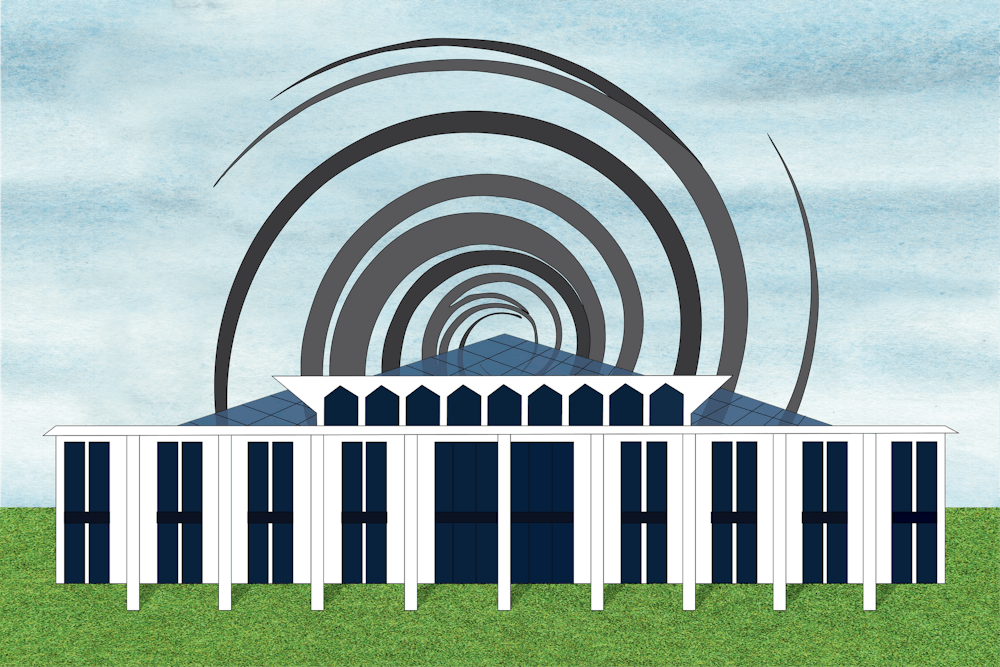In 2024, the N.C. General Assembly approved three aid packages in response to Hurricane Helene: the Disaster Recovery Act, Senate Bill 743 and Senate Bill 382.
The General Assembly passed the initial $273 million Disaster Recovery Act on Oct. 9. It created a new Hurricane Helene fund with money from the state’s savings reserve fund, according to Mitch Kokai, senior political analyst at the John Locke Foundation. On Oct. 23, Gov. Roy Cooper recommended that the General Assembly pass a $3.9 billion package. However, the next day, the General Assembly approved over $600 million more to add to the Hurricane Helene fund with SB 743.
“The first package had unanimous support, and nothing negative was said about it,” Kokai said. “I think that's not surprising because it was shortly after the storm and everyone just wanted to get something put in place. The second package still had substantial support, but you started hearing some questions about whether more could be done at that time — not enough to derail the package or to make it have a large opposition.”
N.C. Rep. Caleb Rudow (D-Buncombe) said Cooper’s package would have been a much stronger way to get funding for rental assistance and small businesses in western North Carolina. Kokai said one of the reasons why the General Assembly disapproved the recommendation was because Cooper added a $175 million request for the N.C. Office of Recovery and Resiliency, which needed the money to continue its operations.
SB 382, the General Assembly’s latest Hurricane Helene relief measure passed on Nov. 20, aimed to allocate an additional $227 million to the Hurricane Helene fund. Cooper later vetoed the bill.
N.C. Rep. Eric Ager (D-Buncombe) said the relief portion of the bill largely did not appropriate the money, with only $2 million being appropriated for technical assistance to soil and water conservation districts in affected areas.
“The remaining $225 million — it just moved from one account to another in Raleigh,” Ager said. “While it is now in the Hurricane Helene relief fund, it doesn't actually do anybody in western North Carolina any good because it's not appropriated.”
The bill was not solely a hurricane relief measure, for it would also impact the power to appoint N.C. State Board of Elections members. This power would shift from Democratic Gov.-Elect Josh Stein to Republican State Auditor-Elect Dave Boliek.
Ager said he thinks the Republicans’ thought process was that if they called it a hurricane bill, then no one would pay attention to the unrelated measures. If a Democrat voted against it, Republicans could later criticize them during their reelection campaigns for opposing hurricane relief, he said.



